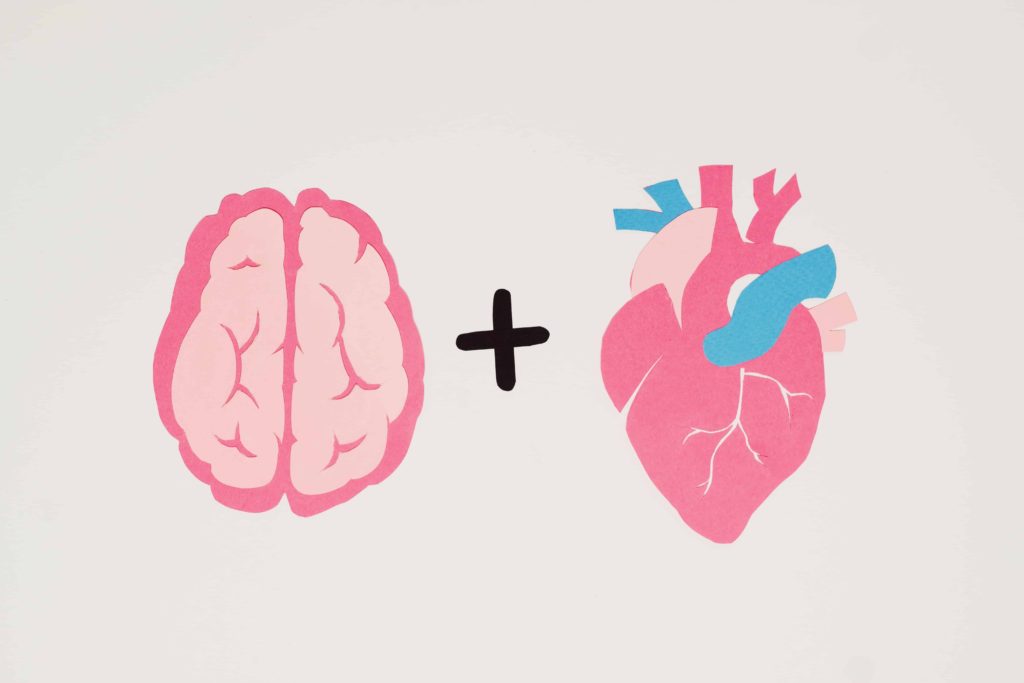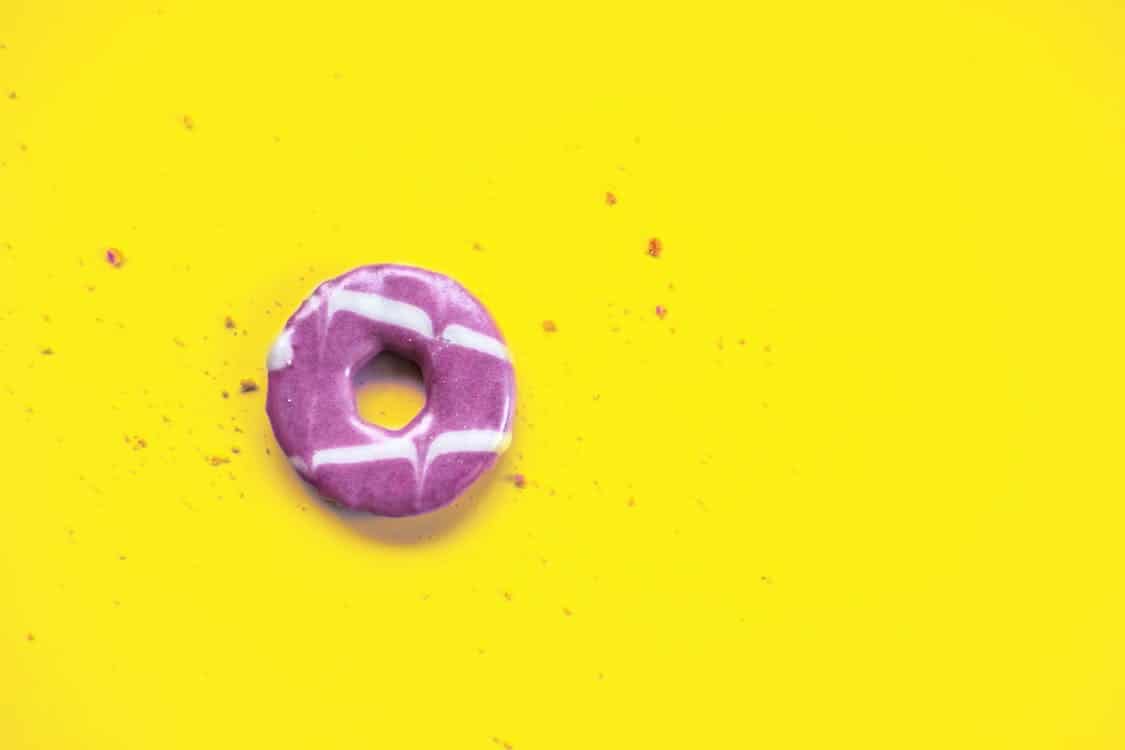I remember about a year ago driving in a car full of friends on our way back from a road trip where we’d spent a few days enjoying some gorgeous beaches and sunshine when the conversation turned to work and what we all did “for a living”.
I remember sharing that I often alter my response to this question depending on the audience.
When I sense I’d have to take two hours to respond to what a clinical hypnotherapist does or be requested to do some kind of magic trick on the spot (side note – a hypnotherapist is not a magician) I tell people I’m a dietitian.
I realise as I am writing this the irony of preferring to share that I am a dietitian over what I “really” do because there are endless jokes about dietitians definitely preferring not to share what they do. I saw one this morning on Instagram which is what’s made me think of it.
The gist of the joke I read this morning was “you know you’re a dietitian if you tell people you’re an accountant at Christmas parties”.
Being a dietitian is one of those professions notorious for people to comment on.
Sometimes it’s just the sheepish response “I could use seeing you” and sometimes it’s an invitation for unsolicited comments on what I’m eating and sometimes it’s their expressing projected judgment over what they’re eating and sometimes it’s something along the lines of “tell me what you think about *insert any number of diets or foods here*…?” To which they already have an opinion formed and which they’re keener to share with me than they are to listen to any logic.
So, what makes this funny is that dietitian is still my career of choice to share with people.
Which shows you just how much more intense the responses to “I’m a hypnotist” can be!
Back to the road trip story – my friend piped up from the back “that’s what you told me you did” and we all laughed.
And I admitted the truth was the real work I do is what can best be described as “mind training”.
Under that title falls the use of a lot of modalities I’ve trained in including cognitive behavioural therapy, acceptance and commitment therapy, motivational interviewing, psychology, counselling, neurolinguistic programming, life and success coaching and of course clinical and medical hypnotherapy.
The why I’ve trained in these things reflects my fascination with humans.
With what it means to be human.
With the human mind.
Specifically with understanding and better using our minds.
I never imagined I’d be working as a clinical and medical hypnotherapist.
I never even knew such a profession existed for the greater part of my life.
But 6 years ago, my life as I knew it got turned upside down.
And when I say got turned upside down, I mean it got turned upside down and inside out for the better when I found myself in the office of a clinical hypnotherapist.
I couldn’t tell you how many consults in total I had but over the course of about a year I recovered from an illness that had consumed my existence for the 15 years prior.
An illness I’d felt I’d tried everything under the sun to recover from.
An illness I had lost hope I ever would recover from.
And I think my story is not so unique.
We’ve all heard of or had our own experience with something that maybe we didn’t know about or maybe we were even vehemently opposed coming into our lives and transforming our lives in ways we could not have imagined.
Clinical hypnotherapy was that thing for me.
And for this I am eternally grateful.
Which is why in this blog I am taking the opportunity to share with you some insight into an area I am deeply passionate about with 3 of the main reasons I became and continue to study and develop my knowledge and skills in clinical and medical hypnotherapy beginning with…
- Hypnosis Offers a RoadMap to Change

Hypnosis gives an experience of healing when healing has not yet taken place.
This is powerful, if not crucial to healing.
More often than not the people who come into my office have “tried everything”.
They often understand where their issue might stem from.
They often know exactly what they’d recommend a friend do if they were in their situation.
They often have copious medical jargon on the problem that ails them.
They’re smart people.
And yet, they have little belief that they can change.
Hypnotherapy is a tool we can use to assist someone to have an experience of what it’s like to make the change they’re trying to make, be that mental or physical before having actually made the change or had the experience out there in the real world.
It also allows them the experience of test driving it out there in their life to decide if it fits in.
This does many things including directing our body towards the healing it knows how to do as well as directing our minds to the truth of making the change and how it honestly is going to be better.
You see, it doesn’t matter how defiantly we attempt to convince ourselves consciously that the change we want to make is a positive one and going to make our lives so much better we are inevitably hardwired as human beings for change to feel threatening and to feel like a risk to our safety. Which means unconsciously our mind might not be on board with the change we really want consciously. Which equates to the change forever feeling like an impossible uphill battle.
Hypnosis allows for the change to start to feel not just doable but also feel good, normal, and natural. Which is the way it’s got to be if the change is going to last.
If you’re struggling to even imagine that the change you want is possible for you, when would you consider hypnotherapy?…
2. Increased Control Over Our Own Health

Clinical and medical hypnotherapy work on the premise that we are all whole and capable.
Each and every one of us.
I love this so much.
Please read it again and let what this means sink in.
Our bodies are born into this world with a phenomenal ability to do and learn to do an impressive array of tasks from breathing to our heart beating, to digesting, to walking and talking.
We know how to do these things.
And yet if we had to explain consciously how we do these things we’d have no clue.
I mean, many of us can explain the “what” they are but not the “how” we do it.
You would be hard pressed to teach someone how to digest for example.
A part of our body knows how to do these things, and this is the part of our body we call the “unconscious mind” in hypnosis talk.
The other part of our mind, our “conscious mind” has no clue. It’s busy concerning itself with learning trigonometry, feeling down over how we look in a bikini or planning our next holiday.
Clinical hypnotherapy and specifically the trance state known as “hypnosis” offers us the opportunity to directly access the unconscious mind and have an intentional influence over it that we simply don’t have in our day-to-day conscious life.
This means through using the trance state we can give someone the direct experience of having some control over their internal experiences whether that’s physical pain or emotional distress.
That’s powerful!
In fact, it’s not just powerful it’s life changing.
Because anything that increases someone’s sense of control and empowerment over their life is worth utilising.
If we feel our health or our life in general is out of our hands, we are far less likely to do the new behaviours. After all what’s the point of doing something, we don’t believe will make a difference?
If you’re struggling to feel the benefit of making the change or are sceptical if the life you want can really be achieved through making the change, when would you consider clinical hypnotherapy?…
3. My Recovery from Anorexia Nervosa

And last but not least the whole reason I discovered the world of clinical and medical hypnotherapy, neurolinguistic programming and coaching was due to my own lived experience with anorexia nervosa.
I started todays blog by sharing this and I’ve written about my experience living with and recovering from anorexia nervosa extensively, so I am keeping this short but briefly the reason I learned clinical hypnotherapy was a thing let alone an incredibly valuable and powerful thing was because it was the thing which ultimately assisted me to reach recovery from anorexia nervosa.
An illness that ruled my life. An illness I didn’t believe it was possible for me to ever be fully recovered from. An illness I’m not sure I would have recovered from had I not found clinical hypnotherapy and began to regain control over my own mind. I simply cannot argue with my own experience.
If you have something in your life you feel you’ve given up on, are labelling as your personality or “just who you are” or feeling you will never be free of when would you consider clinical hypnotherapy?…
The Bottom Line

So, what does all this mean?
It means if you are currently dealing with any issue that seems overwhelming or you don’t feel you’re getting far with it despite really trying consciously to figure it out why not do something new and enter the world of clinical hypnotherapy?
There are no side effects and at the very least you can learn something really cool about your mind.
Clinical and medical hypnotherapy are not standalone treatments (arguably there’s very little that is). They’re also not alternative.
What they are is an adjunct.
They work best alongside medical care because they address our emotional needs while mobilising our mental resources as part of treatment because sometimes the resources you can get consciously aren’t the ones that are needed to resolve or heal the problem.
Sometimes the solution is outside our usual experience of ourselves and our map of the world.
This was certainly my experience with recovering from anorexia nervosa. From inside my map of the world it would have been impossible to recover. Clinical hypnotherapy helped me step outside of that and entertain other options and ways of being.
Ultimately it not only saved my life but gave me the opportunity to begin to create a life I loved.
I am forever grateful to past Bonnie who gave clinical hypnotherapy a go when she didn’t believe in it. I can’t believe I did. I know I could have so easily not and the life that was in store for me had I not was likely a short and painful one.
I hope you’ve enjoyed the read about the 3 main reasons I became a clinical and medical hypnotherapist.
More than enjoying I really hope you’ve found value.
I really hope you take something away that alters your life now or in the future.
With my whole heart I hope you found this information useful and inspiring.

Become Great. Live Great.
Bonnie.



